As a psychoactive drug, cannabis is a substance which has been widely regulated in the United States–in the workplace, in educational settings, and even in professional sports. And, predefined consequences–including suspensions or dismissals on an extreme level–have historically ensued if marijuana drug tests come back positive.
But, as the legal landscape around cannabis continues to rapidly evolve, and more and more states legalize the medical and recreational use of marijuana, policies are beginning to change throughout the country. Most notably, the National Basketball Association (NBA), in coordination with the National Basketball Players Association, announced just recently in April 2023 that it would be lifting its ban on marijuana use.
The NBA’s New Cannabis Policy
League officials and members of the association signed a collective bargaining agreement (or CBA) earlier this year that effectively dropped cannabis from its list of banned substances. Under this new seven year agreement, players will no longer be subjected to random marijuana drug tests and won’t be penalized for its use. Players can, however, still be contacted for showing signs of any dependence or abuse, and standard testing for other drugs such as human growth hormones, methamphetamines, and opioids will continue.
This cannabis policy was actually put in place on a temporary basis back in 2020 when the league was operating in a bubble during Covid. It was renewed every season since, and this move officially locks in that decision permanently.
The updated NBA agreement additionally sets new rules for cannabis business opportunities. The CBA media summary states, “A player may invest in a company that makes products containing CBD. A player may also hold a passive, non-controlling interest in a company that makes products containing marijuana.”
Marijuana Policies Among Other Major Sports Organizations
Of course, every individual sports league has their own unique rules when it comes to cannabis. Here’s how other sports entities stack up:
- National Football League (NFL) – In 2020, the NFL reduced penalties for marijuana use. However, because marijuana is still banned at the federal level, the organization continues to have testing in place while players are in-season (September-March), and fines and even suspensions are still possible. Though suspensions are rare and used only if a player refuses to test or take part in clinical care after four violations. This is all outlined in the NFL’s current collective bargaining agreement which is in effect until 2030.
- Major League Baseball (MLB) – Players are not subject to testing and marijuana has been removed from the controlled substances list.
- National Hockey League (NHL) – While the league does test, there’s no punishment for a positive result. But, further action could be taken if a player exhibits high levels of THC.
- Major League Soccer (MLS) – Since the MLS follows rules laid out by the World Anti Doping Agency (WADA), the organization’s cannabis policy is among the most strict. Marijuana is still very much a banned substance and players can be randomly tested at any time–even during the offseason. Various fines and suspensions are associated with positive tests.
- Women’s National Basketball Association (WNBA) – The WNBA didn’t follow in the NBA’s footsteps earlier this year, and it still tests players for cannabis. However, limited use is allowed, and disciplinary action is only taken for multiple infractions.
- National Collegiate Athletic Association (NCAA) – In the world of college sports, student athletes in the NCAA no longer lose their playing eligibility after a positive cannabis test. The committee also increased THC threshold levels early in 2022, and is now also supportive of removing cannabis from the banned drug list and testing protocols altogether.
Marijuana Legalization Elsewhere
As of 2023, 37 states, along with Washington D.C., have legalized the use of medical marijuana. And, a total of 19 states, plus D.C., have fully legalized marijuana–which includes recreational or “adult-use”.
Even in most of the states where marijuana is not medicinally legal, it is still decriminalized and a few of these states have approved the use of THC, but only in CBD oil and in smaller doses. There are only a handful of straggler states which still list cannabis as fully illegal.
With all this activity going on around cannabis laws and regulations at the government level, conversations begin to shift into other sectors as well. We’ve seen how it has affected sports, but what about in the workplace?
Understandably, cannabis testing policies in the workplace can vary significantly from state to state. In a state where marijuana is still illegal, for example, companies may drug test employees and any potential candidates and hold a no tolerance policy. But, in some states where cannabis is both medicinally and recreationally legal, laws are in place which prohibit businesses from firing or refusing to hire an employee after a positive drug test.
Many larger corporations and companies that aren’t safety-sensitive are ditching cannabis drug testing altogether, such as Amazon and AutoNation Inc. But, in industries such as manufacturing, law enforcement, construction, and transportation, where physical work and safety are at the core of the job, mandatory pre-employment drug tests still exist and are unlikely to budge.
If you want to learn more about marijuana or find information on Massachusetts’ own cannabis-related regulations and policies, visit UpTop’s FAQ page. Or, browse one of our Massachusetts dispensaries to find the medical cannabis product for you. Our Budtenders are always here to help.


